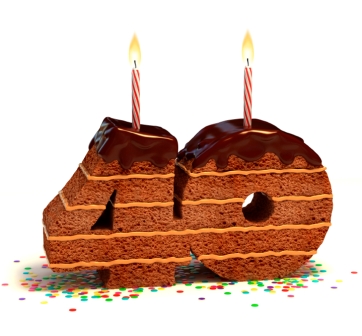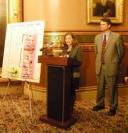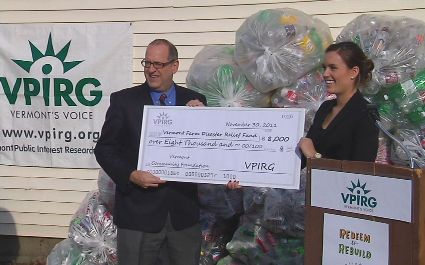40th Anniversary of the Bottle Bill
Forty years ago this week, on April 7, 1972, Vermont legislators passed the Bottle Bill – innovative legislation to add a redeemable deposit on soda and beer bottles and cans. Vermont was only the second state in the nation, after Oregon, to enact a bottle redemption program. The idea was originally conceived as a way …





